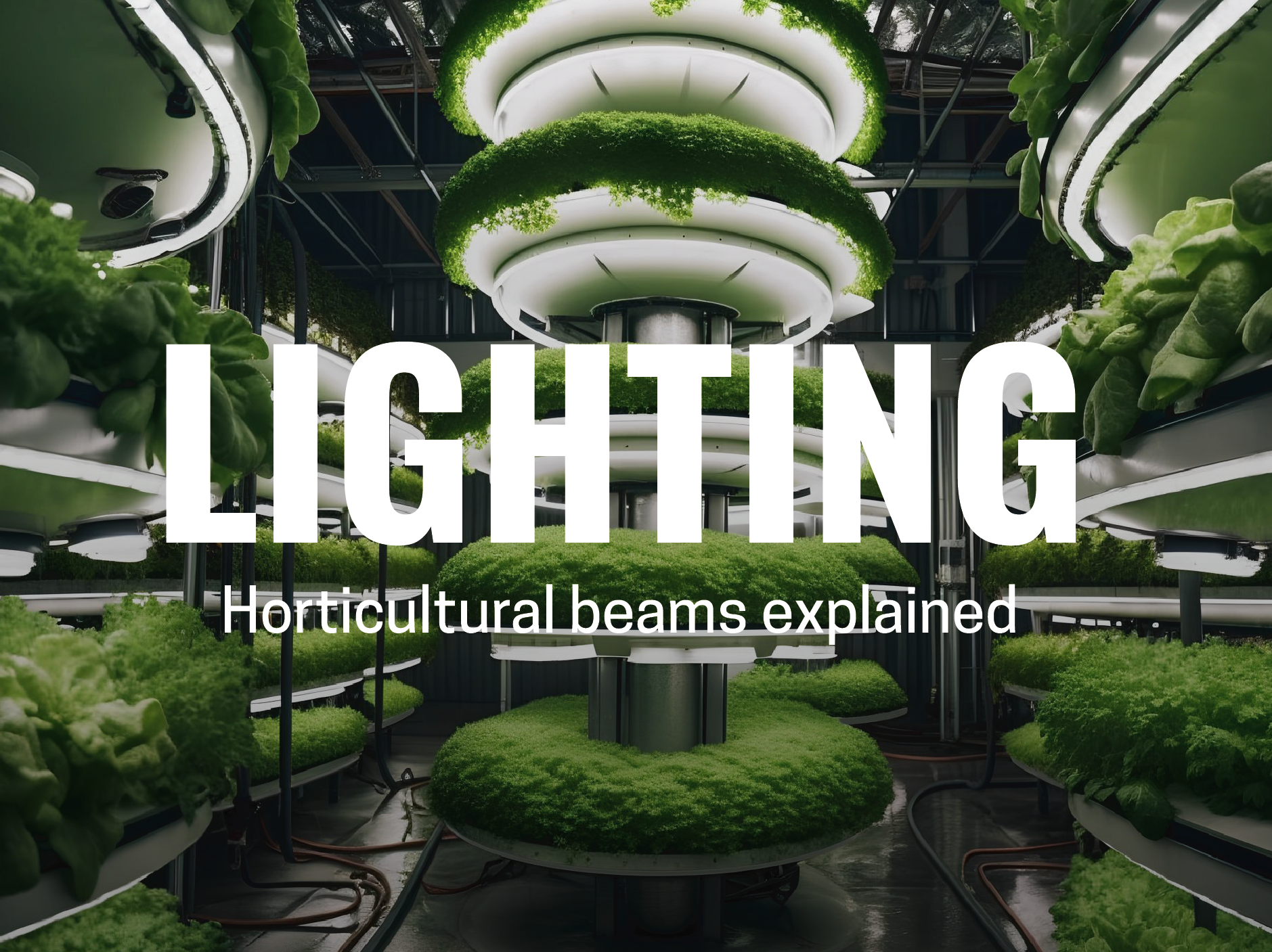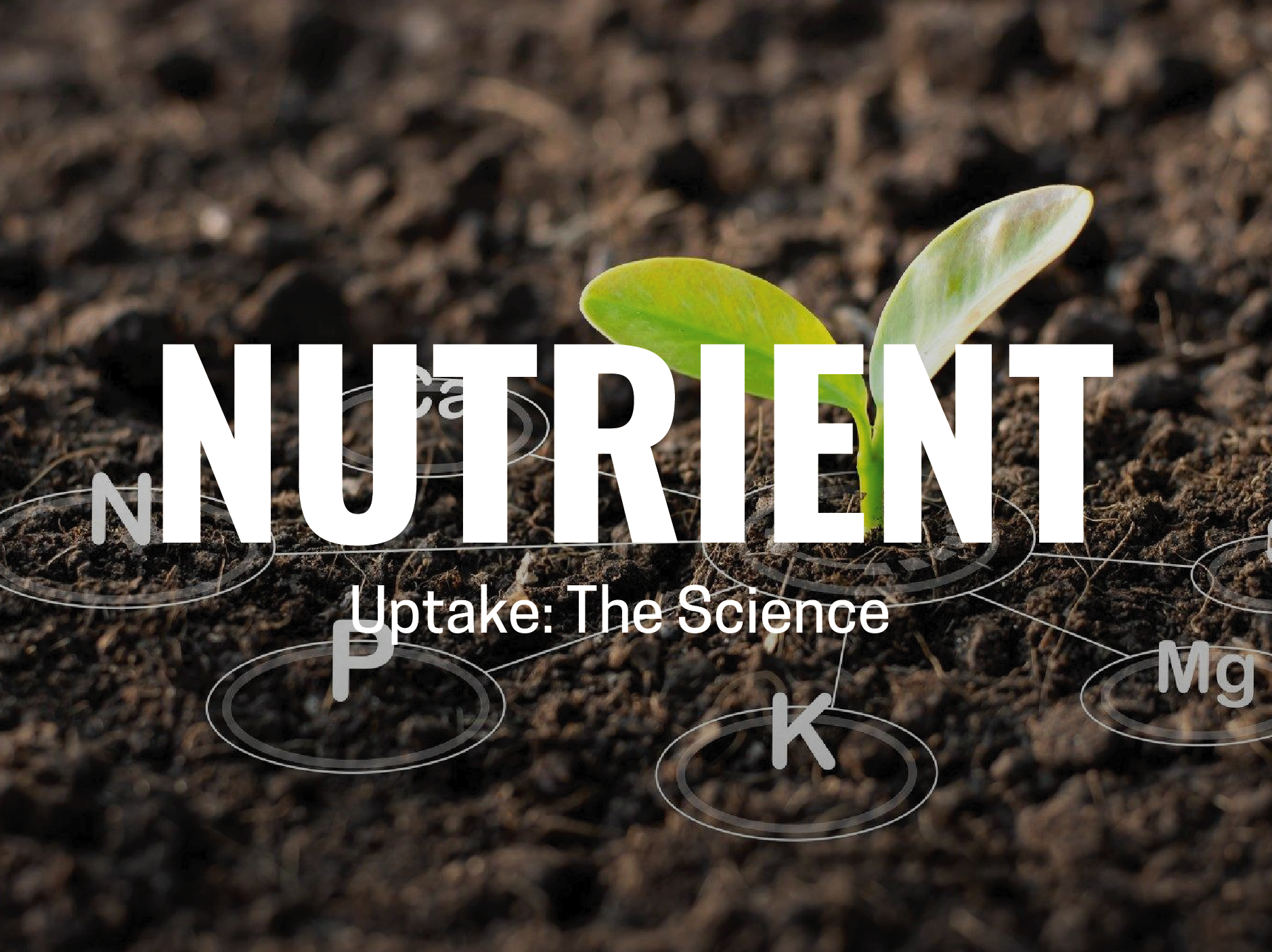Soil vs. Coco Coir: A Comparison for Growing Plants

When it comes to growing plants, one of the most critical decisions you’ll make is the growing medium. Soil has long been the traditional choice for gardeners, but in recent years, coco coir has gained popularity as a versatile alternative. Each medium has its own unique characteristics, benefits, and challenges. In this post, we’ll explore the differences between growing plants in soil and coco coir to help you decide which one is best for your gardening needs.
What is Soil?
Soil is a natural medium composed of organic matter, minerals, air, and water. It provides essential nutrients and support for plant roots, fostering a complex ecosystem of beneficial microorganisms that contribute to plant health.
Benefits of Growing in Soil
-
Nutrient-Rich: Soil naturally contains a wide range of nutrients that plants need for growth, including nitrogen, phosphorus, potassium, and trace minerals.
-
Microbial Activity: Healthy soil teems with beneficial microorganisms and fungi that help break down organic matter, making nutrients more available to plants.
-
Water Retention: Soil can retain moisture while allowing for drainage, reducing the risk of overwatering.
-
Established Ecosystem: Soil is a self-regulating ecosystem, which can help support plant health without constant intervention.
Challenges of Growing in Soil
-
Pest and Disease Issues: Soil can harbor pests and diseases that may harm your plants.
-
Compaction: Over time, soil can compact, leading to reduced aeration and root growth.
-
Nutrient Imbalance: Soil can become depleted of nutrients, requiring careful management and amendments.
What is Coco Coir?
Coco coir is a natural fiber made from the husks of coconuts. It’s an organic medium that has gained traction in hydroponic and soil-less gardening due to its excellent properties.
Benefits of Growing in Coco Coir
-
Aeration: Coco coir provides excellent aeration and drainage, promoting healthy root growth and preventing waterlogging.
-
Water Retention: It retains moisture well, which means less frequent watering is required compared to soil.
-
pH Neutral: Coco coir has a neutral pH level, making it easier to manage nutrient uptake without worrying about soil acidity or alkalinity.
-
Sustainability: Coco coir is a renewable resource and environmentally friendly compared to peat-based products.
Challenges of Growing in Coco Coir
-
Nutrient Deficiency: Coco coir lacks the essential nutrients that soil provides, requiring you to supply a complete nutrient solution.
-
Cation Exchange Capacity (CEC): While coco coir has a decent CEC, it doesn’t hold nutrients as effectively as soil, necessitating more frequent feeding.
-
Salt Build-Up: Coco can retain salts, which may lead to nutrient lockout if not properly flushed.
Key Comparisons
Nutrients
- Soil: Rich in nutrients, often requiring less frequent fertilization. Microbial activity aids in nutrient breakdown.
- Coco Coir: Requires regular feeding with nutrient solutions since it lacks inherent nutrients.
Water Management
- Soil: Can retain moisture but may become compacted, leading to drainage issues if overwatered.
- Coco Coir: Excellent drainage and aeration, with a good ability to retain water, allowing for more consistent moisture levels.
Environmental Impact
- Soil: Sustainable if managed properly, but can suffer from erosion and degradation.
- Coco Coir: Environmentally friendly and renewable, though its production involves some energy and processing.
Ease of Use
- Soil: Ideal for beginners due to its self-sustaining properties. Requires less monitoring of nutrient levels.
- Coco Coir: Requires a bit more knowledge about nutrient management and regular monitoring.
Conclusion
Choosing between soil and coco coir ultimately depends on your gardening goals, experience level, and the specific needs of your plants. Soil offers a well-established ecosystem and nutrient-rich environment, making it great for beginners or traditional gardening. On the other hand, coco coir provides superior drainage and aeration, making it an excellent choice for hydroponics and those seeking a more hands-on approach to nutrient management.
Whether you go for the tried-and-true method of soil or the innovative alternative of coco coir, understanding the differences will help you cultivate a thriving garden. Happy growing!



